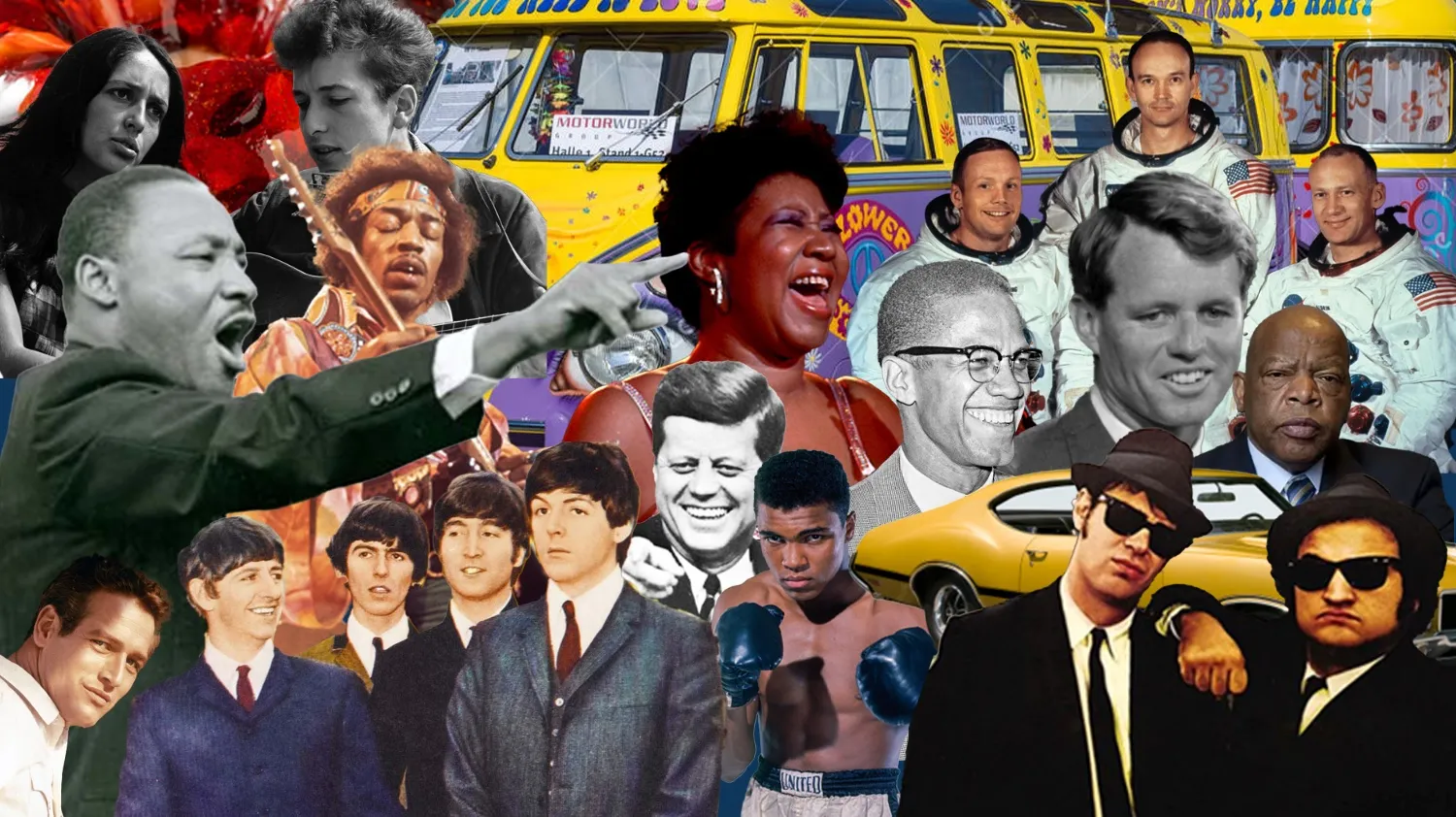love4livi.com – The Baby Boomer generation, born between 1946 and 1964, has left an indelible mark on various aspects of culture, particularly in music, art, and media. As this generation grew up during a time of significant social and political change, their influence has been profound and far-reaching. This article explores how Baby Boomers have shaped and transformed these cultural domains.
Music: From Rock ‘n’ Roll to Social Commentary
Baby Boomers were instrumental in the rise of rock ‘n’ roll, a genre that revolutionized the music industry and became a defining feature of their youth. Artists like Elvis Presley, The Beatles, and The Rolling Stones not only captured the spirit of rebellion and freedom but also set new standards for musical innovation. As the Boomers aged, their taste in music evolved, embracing genres such as folk, protest music, and eventually, classic rock.
This generation’s music often reflected the social issues of the time, including civil rights, the Vietnam War, and environmental concerns. Iconic musicians like Bob Dylan and Joan Baez used their platforms to address these themes, blending art with activism. The legacy of Baby Boomer music is still evident today, influencing countless artists across various genres.
Art: Breaking Boundaries and Embracing Diversity
The art world experienced a significant transformation during the Baby Boomer era. This generation witnessed the rise of movements such as Pop Art, spearheaded by figures like Andy Warhol and Roy Lichtenstein. By challenging traditional notions of art and incorporating elements of popular culture, these artists redefined what art could be.
Furthermore, Baby Boomers contributed to the diversification of the art scene, advocating for greater representation of marginalized voices. The feminist art movement, for example, gained momentum as artists like Judy Chicago and Ana Mendieta explored themes of gender and identity. This push for inclusivity and diversity in art has continued to resonate, fostering a more inclusive cultural landscape.
Media: The Evolution of Entertainment and Information
The Baby Boomer generation witnessed the golden age of television, which became a primary source of entertainment and information. Shows like “I Love Lucy,” “The Twilight Zone,” and “The Ed Sullivan Show” not only entertained millions but also reflected and shaped societal norms and values.
As technology advanced, Boomers adapted to new forms of media, from cable television to the internet. They were among the first to embrace the digital age, influencing the development of online content and digital media platforms. Their impact on media is also evident in the way news is consumed; the emphasis on 24-hour news cycles and the rise of opinion-driven journalism are, in part, a result of the Baby Boomers’ appetite for constant information.
Conclusion
The cultural impact of Baby Boomers is a testament to their ability to adapt, innovate, and influence. Their contributions to music, art, and media have not only defined their generation but have also paved the way for future cultural evolution. As this generation continues to age, their legacy remains a vital part of the cultural fabric, inspiring new generations to explore and expand the boundaries of creativity and expression.
